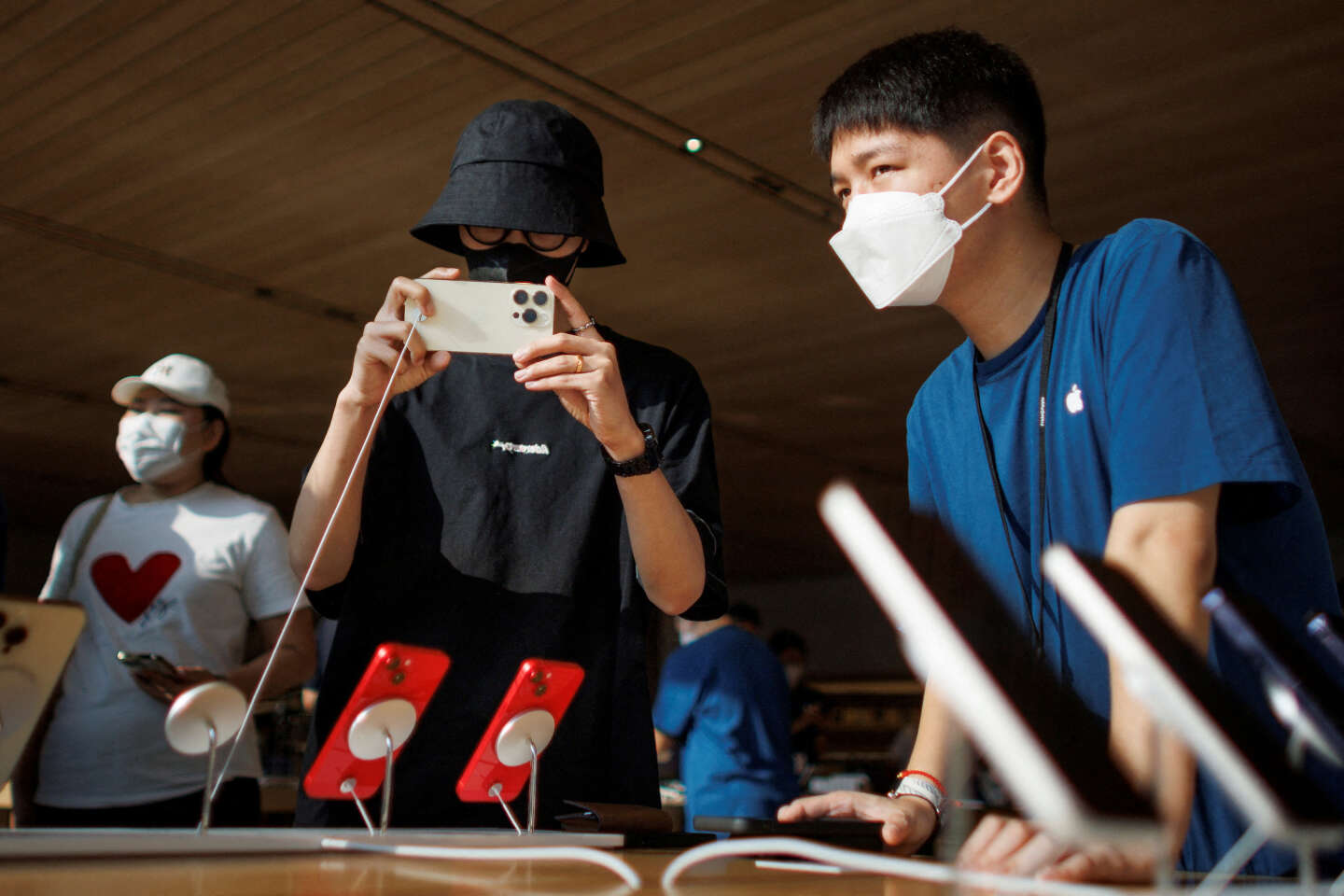


The world of regulation may not be the most exciting, but in China it can cause drama. At the end of December, the State Administration of Press and Publication staged a three-act drama. First, the announcement: On December 22, 2023, the institution presented a bill aimed at regulating video games. Among the key measures, a limit on online gamers' spending and a ban on rewarding the number of daily connections, a very addictive tool for young gamers.
The problem: These new rules, which make sense from the point of view of the regulator charged with limiting young people's addiction to video games, are likely to cost industry giants dearly. Hence the second stage – panic: On the day of the announcement, Tencent, the world's number one video game company, fell by more than 10% on the stock market, and NetEase, China's number two, plummeted by more than 20%.
Three days after the announcement, the regulator reiterated that it was only a proposed bill, that it would "carefully study" public comments, and at the same time approved the launch of 105 games in one fell swoop, to show its support for the industry.
But the damage was done. The video game giants have made a slight recovery on the stock market, but are nowhere near their previous levels. The new measure has raised fears of a return to the painful tech regulation campaign that cost China's biggest companies tens of billions of yuan in market capitalization: Alibaba, Tencent, Meituan and JD.com. Launched in 2020 when the economy was still doing well, it had mixed rather justified measures (combating monopolistic practices) with a tightening of state control, such as the de facto ban on going public in the USA. At the heart of the campaign was a particularly shocking outright ban on the private remote learning industry.
A frightening method
In early 2023, when the economy was in its death throes after three years of Covid's zero-tolerance policy, the authorities signalled the end of the campaign, the "rectification" having been "generally accomplished," according to one official. It was now more important to support the private sector than to regulate everything. But the government's new message does not seem to have got through to everyone!
Trust cannot be decreed. More than the actual content of the latest measures against video games, which are entirely reasonable, it is the method that frightens the private sector: the lack of transparency and predictability, the absence of a possibility to appeal, and arbitrariness is both in the creation of the rules and in their application. For investors, this latest episode is a bitter reminder of the political risk hanging over China's economy. At the start of 2024, the Shanghai Stock Exchange fell below 2.900 points on Monday January 8, the level it had... 10 years ago.
You have 25% of this article left to read. The rest is for subscribers only.
